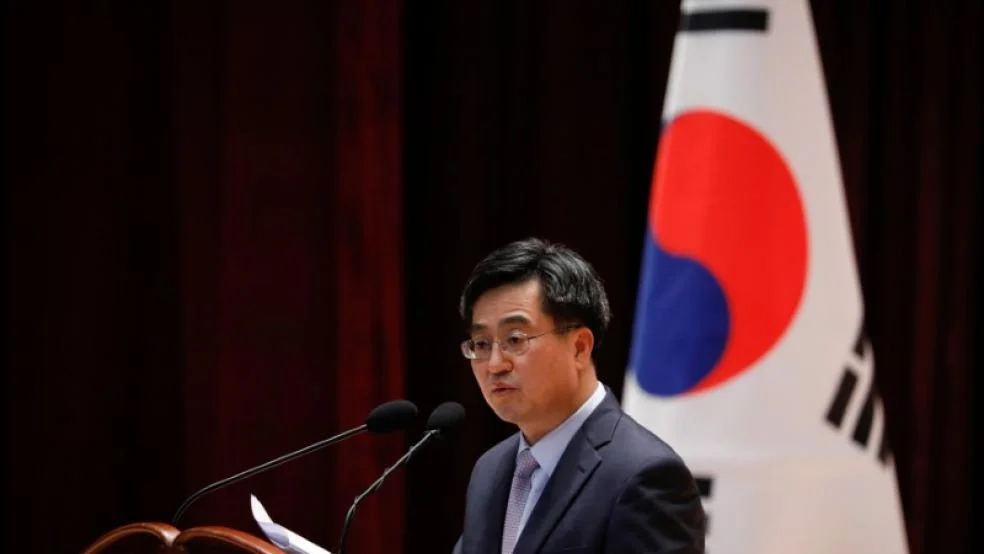The South Korean ruling party is planning to attempt a postponement of the crypto tax laws but the Finance Minister Hong Nam-Ki is not having it and considers the delay unnecessary.

Despite advances this week by the dominant Democratic Party to postpone the controversial crypto tax legislation to 2023, South Korea’s Minister of Strategy and Finance, Hong Nam-Ki, has declared that it will take effect on January 1st, 2022.
The income earned through crypto transactions in excess of 2.5 million KRW, or around $2100 USD, will be subject to a 20% tax.
The Democratic Party, which has a slender majority in South Korea’s National Assembly, is expected to adopt a bill postponing the crypto tax law by the end of October, according to international media. However, with only a slender majority, the party faces an uphill battle to approve the bill in the face of Hong’s resistance.
As the former Prime Minister of South Korea, Hong wields enormous political clout, and he was appointed Finance Minister by current President Jae-In Moon.
This is at least the second time the minister, a member of the country’s minority People’s Power Party (PPP), has promised the Democratic Party that the tax would go into force as planned despite their opposition.
In a National Assembly session on Wednesday, Kim Byung-Ook, a Democratic Party National Assembly Representative, asked the Minister if the tax could be postponed until 2023 to coincide with the capital gains tax on stocks. Kim remarked,
“Isn’t it reasonable to levy the stock market capital gains tax and virtual asset tax in 2023?”
Minister Hong responded emphatically with a thundering “No.” He also indicated that the tax law had been prepared and completed the previous year. His statement was similar to Hong’s in April 2021, when he stated unequivocally that crypto taxes were unavoidable.
“In the past, collecting taxes on virtual asset accounts was nearly impossible, therefore no taxation was done […] “Now that the groundwork has been established, we will be taxed beginning next year,” he stated on Wednesday.
The Democratic party and its view on crypto tax
Representative Noh Woong-rae of the Democratic Party stated on Thursday that if the ruling party can garner enough votes, they can pass the postponement law.
The law is opposed by the Democratic Party for a variety of reasons, including a lack of infrastructure enabling the government to calculate and collect crypto taxes.
For the time being, the National Tax Service (NTS) intends to rely on cryptocurrency exchanges to submit customers’ transaction data in order to calculate taxes.
The government has mandated that exchanges gain Information Security Management System (ISMS) certification and a partnership with a local bank for real-name bank accounts for each individual user in order to collect this data in a secure manner.
The revision to the Special Reporting Act imposes these restrictions, which will result in the closure of more than 40 crypto exchanges across the country by September 24.
The NTS lacks the ability to collect data from private wallet transactions for taxes purposes. The Democratic Party argues that without such infrastructure, tax avoidance will proliferate.
Representative Noh expressed his willingness to engage with colleagues across party lines to achieve the votes needed to approve a postponement measure by the end of the open session in October.
